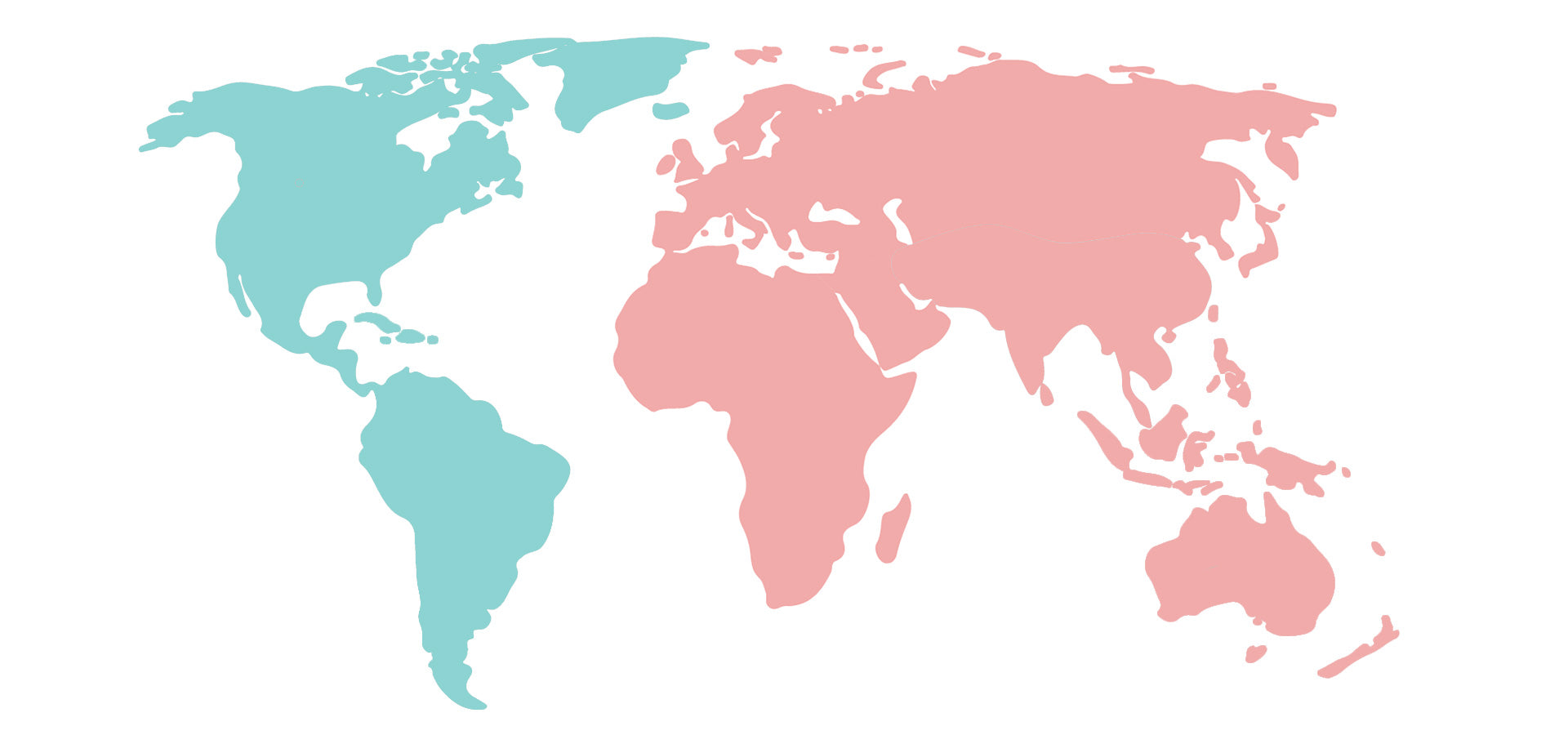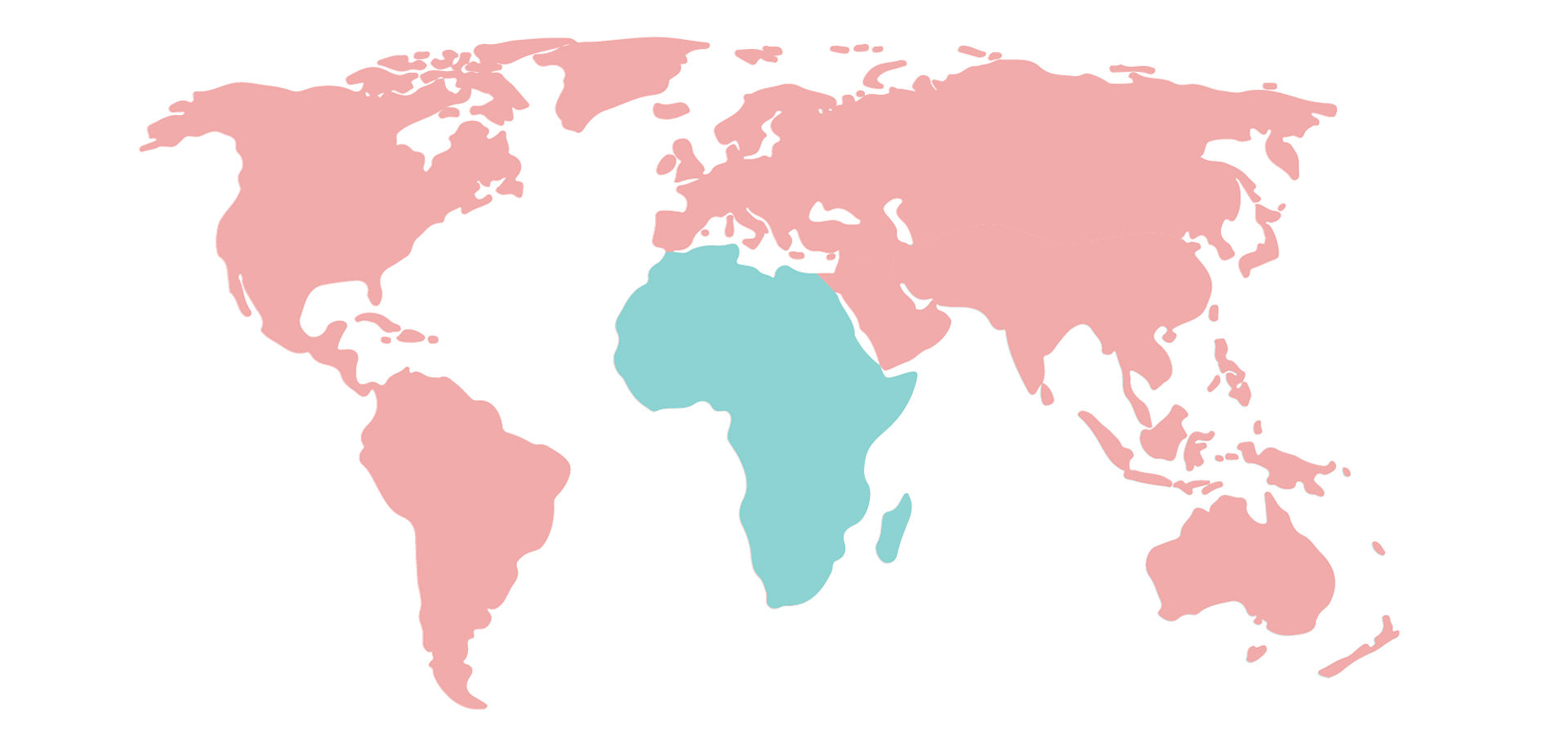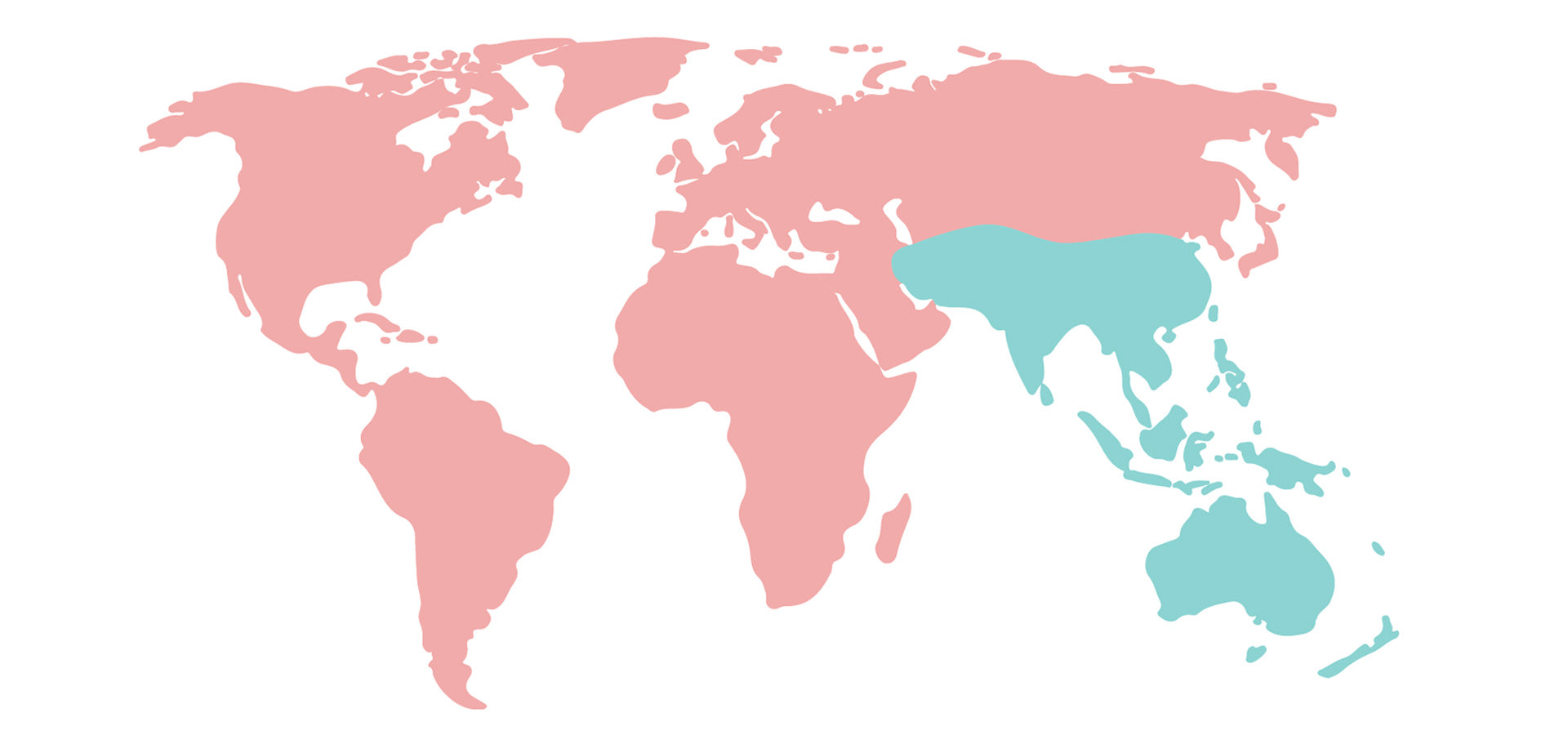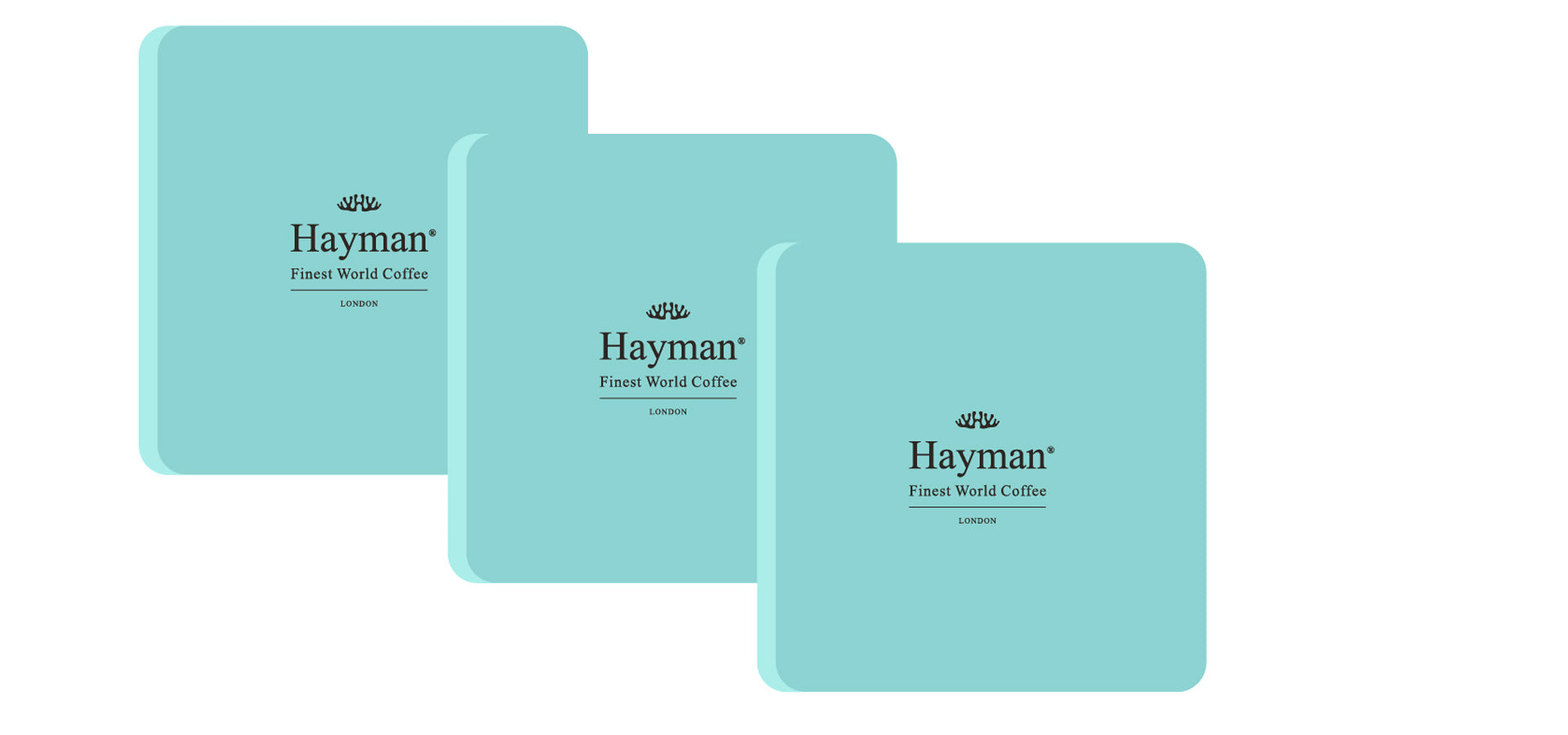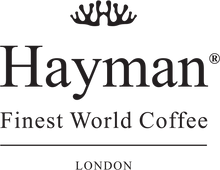A Bluffer’s Guide to Panama Geisha Coffee Beans
Image Credits: Ali Wunderman
The subject of third wave coffee movement has the potential to be quite intimidating. There’s no shortage of all-out coffee snobs making it daunting territory for the newcomer, particular where the very best coffee beans in the world are concerned.
Chances are that by now, you’ve heard of Panama Geisha coffee beans. Even if personally you haven’t had the privilege of trying Geisha coffee (also known as Gesha coffee), it’s been making headlines for quite some time. Mainly since it won a major competition in 2004, after which it quickly became one of the most expensive coffees on Earth.
In celebration of this treasured commodity, we thought we’d share a brief introductory guide to the basics of Panama Geisha coffee beans. The perfect guide for bluffers and newcomers, looking to get to grips with the basics of this biblical bean.
History and Geography
First things first, Panama Geisha coffee is not in fact native to Panama at all. It was originally grown in the Geisha village in Ethiopia, where it was discovered by Western coffee producers several decades later. The first plants were brought over to Panama in the 1960s, meaning the first true Panama Geisha coffee beans were being produced and sold more than five decades ago.
Nevertheless, it took until 2004 when it won the annual Best of Panama coffee tasting competition for Geisha coffee to claim the spotlight. It instantly became a hit among coffee connoisseurs, driving its price skywards ever since.
The uniqueness of Geisha coffee is attributed to the unique cultivation conditions where the trees are grown. Elevations of between 1,450- and 1,700-meters pair with unique soil and weather conditions to create something truly outstanding.
Geisha coffee is technically an Arabica coffee mutation, but in all the right ways.
Flavor Profile
The flavor of Panama Geisha coffee beans is out of this world – certainly nothing like any other coffee you’ve ever tasted. It boasts a fantastically clean yet complex flavor profile, with plenty of floral notes and a dizzying array of fruits.
Depending on the batch in question, you could be tasting fresh berries, lemon, orange, grapefruit, mango, peach, papaya, pineapple, or guava. All of which is complemented by a distinct hint of bergamot and jasmine in the background, with a lingering aftertaste that’s both decadent and refreshing.
Panama Geisha coffee is not a bean to be spoiled with the addition of anything but the water needed to brew it. Anything else brought into the mix will simply destroy the fragrances and flavors it is famed for.
Food Pairing
Last up, anyone looking to flex their coffee-knowledge muscle should tool-up on a few facts about Gesha coffee food pairings. Truth is, the fact that it has such an intensive floral-fruity flavor can make it quite difficult to pair with anything at all.
Whether or not it’s a good idea to attempt to pair it with anything at all is open to debate, but it does nonetheless go great with fruity desserts. Thing fruit pies, berry crumbles or anything of a similar nature and you’re looking at the perfect accompaniment to an unforgettable cup of Gesha coffee.
You can now order freshly roasted 100% Panama geisha coffee from Hayman’s online store. It is available as green coffee beans (i.e. unroasted coffee beans / raw coffee beans, for home roasting with your coffee roaster), roasted whole bean coffee, ground coffee, coffee pods compatible with Nespresso®* machines, and coffee pods compatible with Keurig K Cup coffee makers (incl. Keurig 2.0 models)** – click here to order your Gesha coffee now, we offer free worldwide shipping!
* Nespresso® is a registered trademark of Société des Produits Nestlé S.A., unrelated to Hayman ®. Our espresso pods are not created or sold by Nespresso®.
** Keurig and K-Cup are registered trademarks of Keurig Green Mountain, Inc. unrelated to Hayman®. Our pods are not created or sold by Keurig®.
